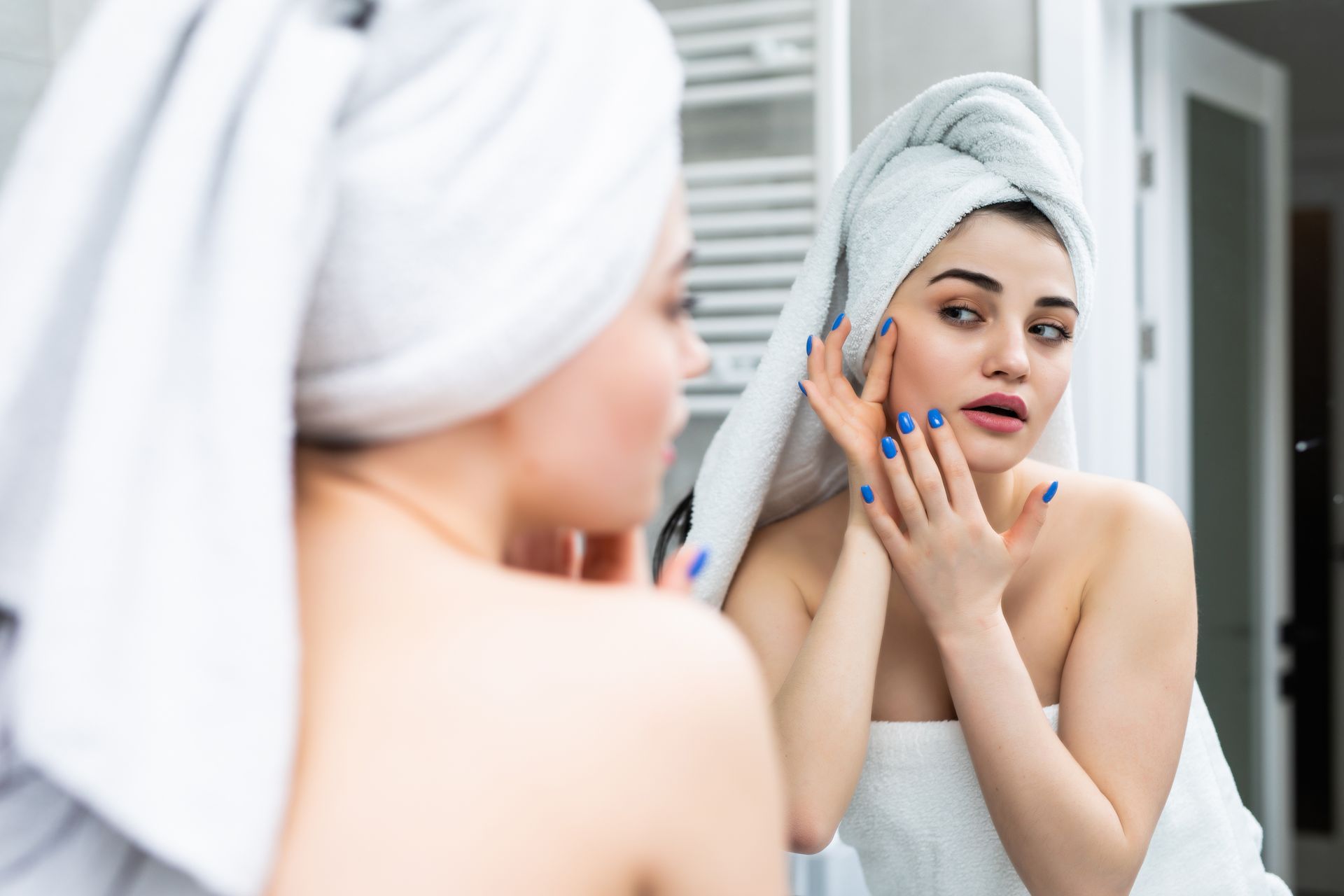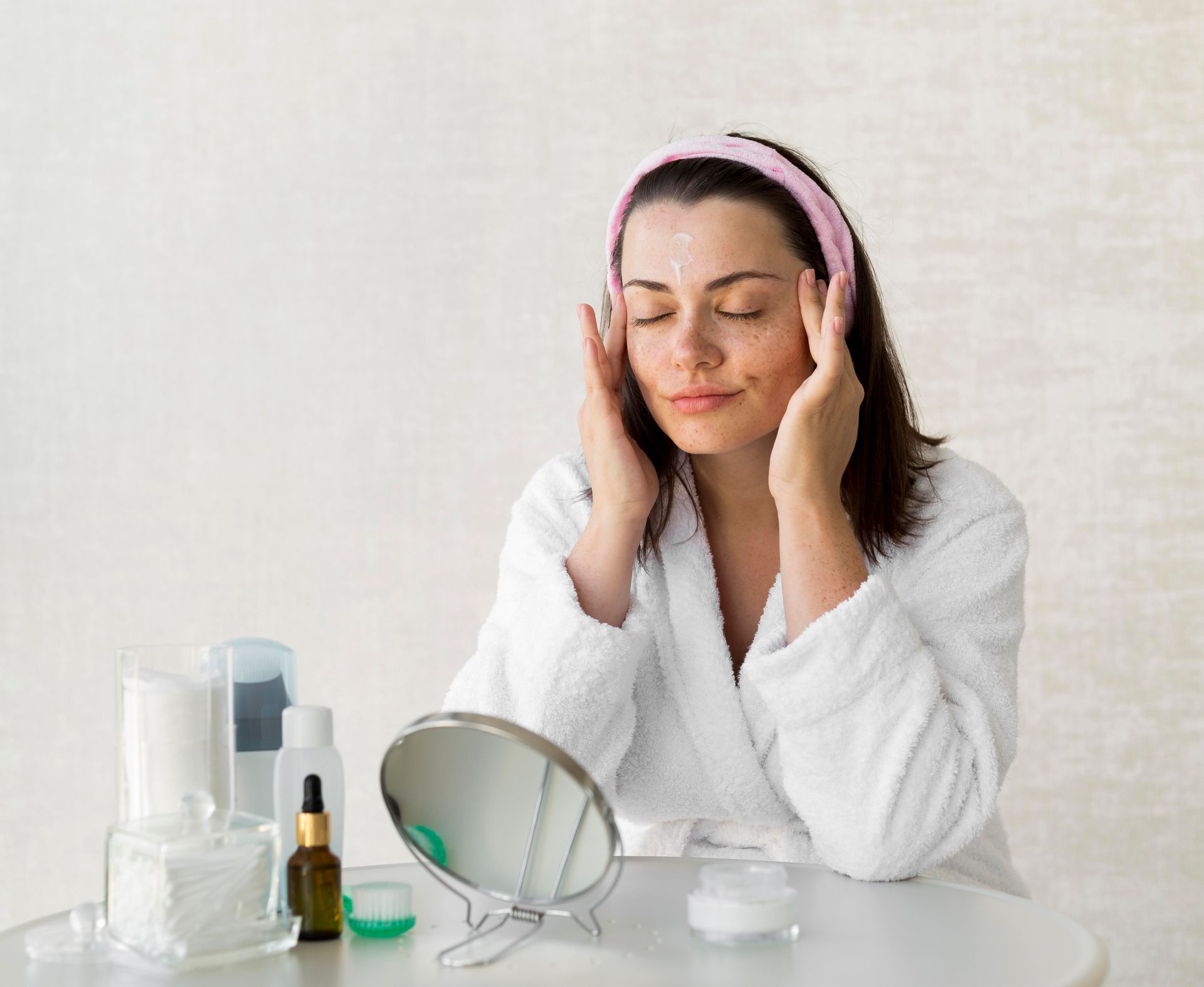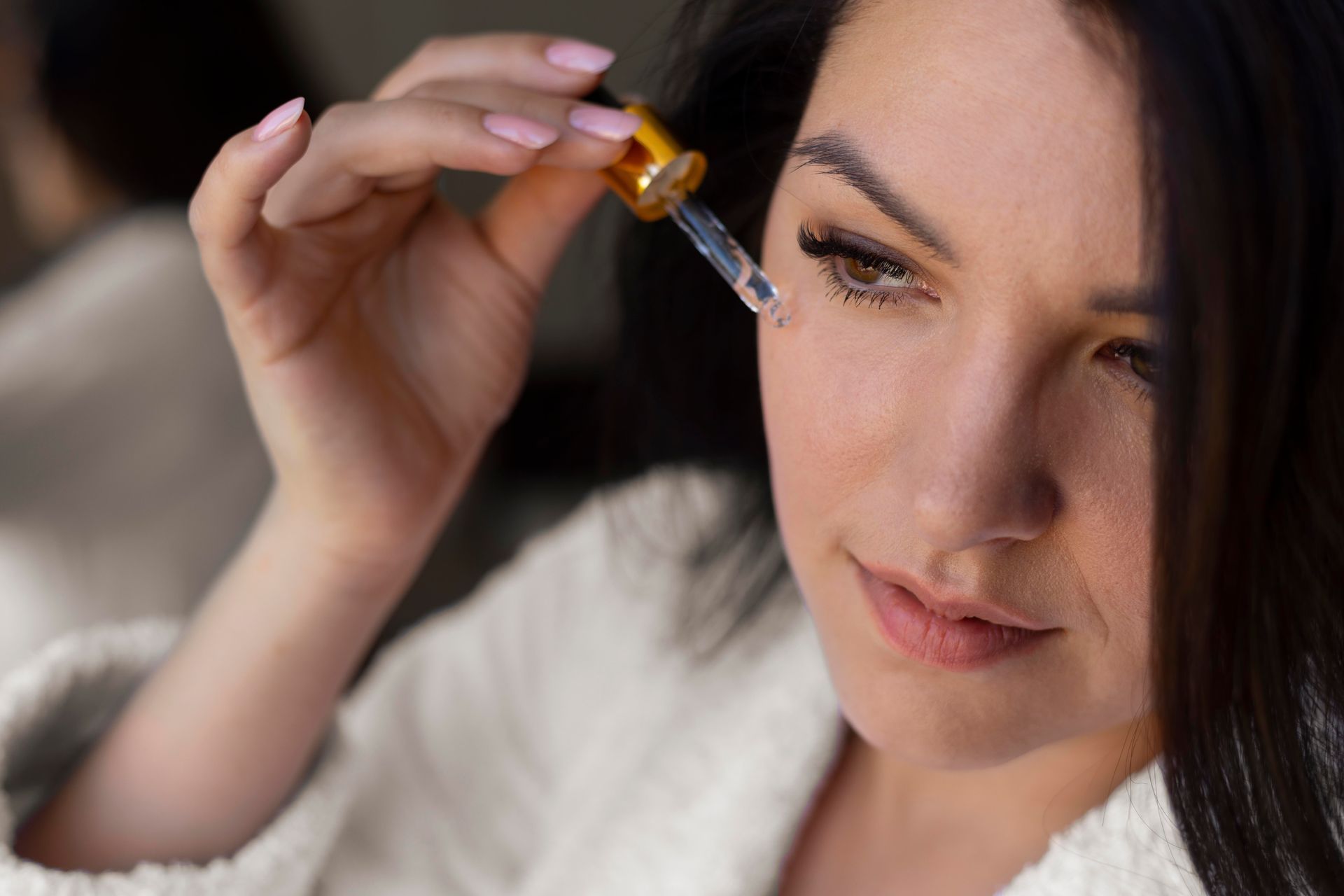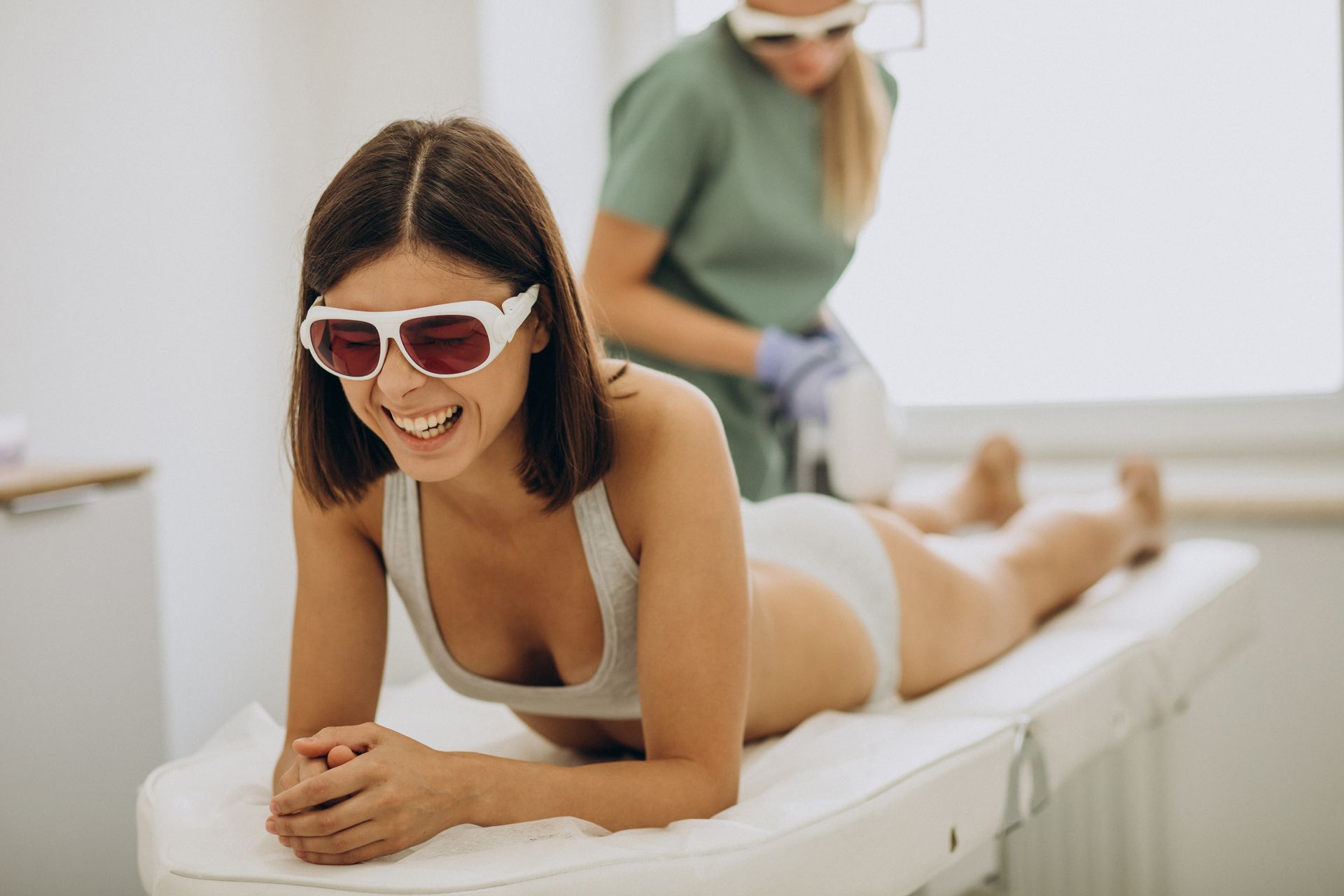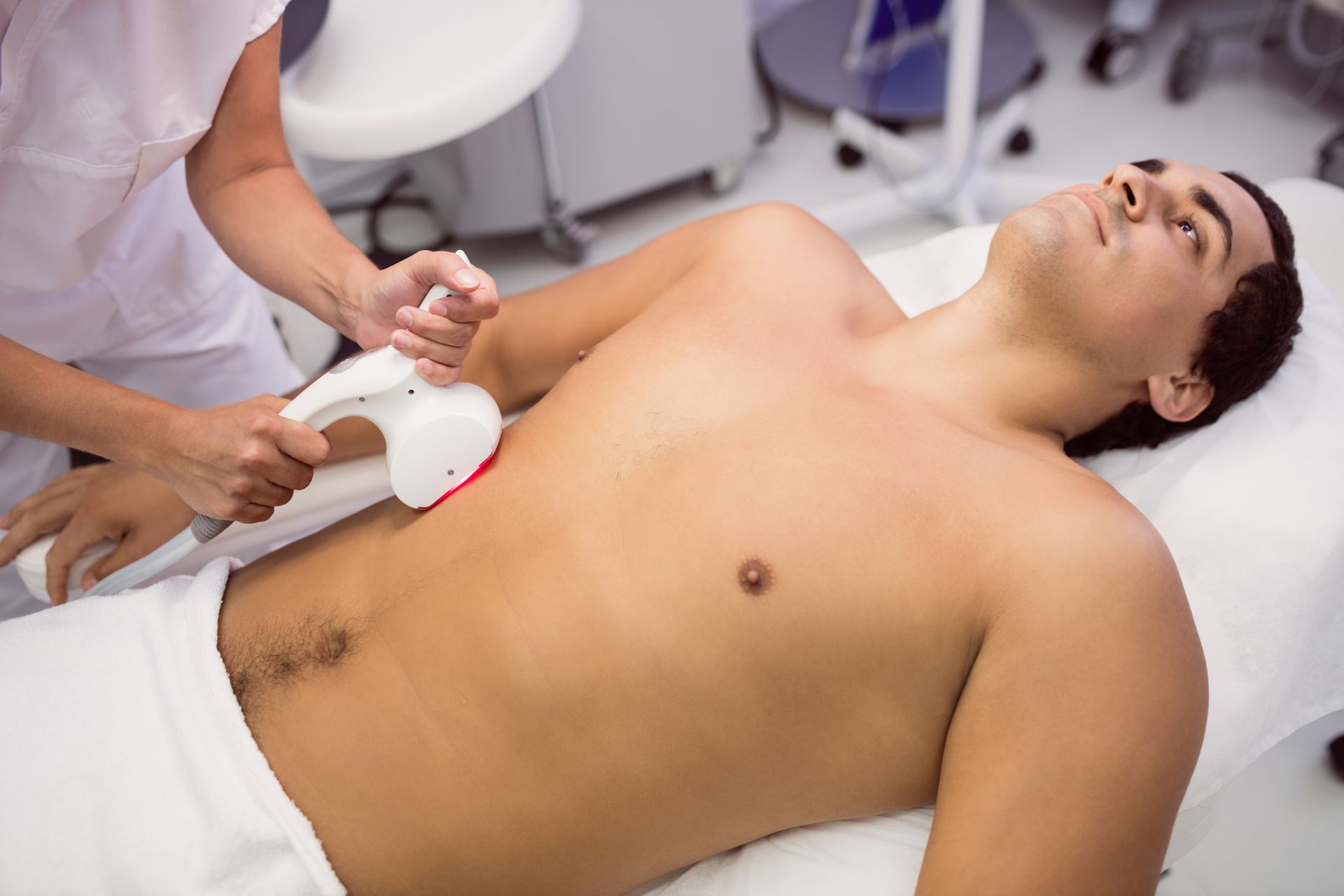What to Do Before Brazilian Laser Hair Removal
Getting laser hair removal—especially in a delicate area like the Brazilian zone—isn’t something you want to jump into without proper prep. Whether you're doing it for hygiene, aesthetics, or convenience, one thing’s for sure: the success of your session begins before you even walk into the clinic. Thoughtful preparation reduces discomfort, boosts results, and minimizes side effects. Let’s walk through everything you need to know and do before your appointment.
what to expect after first laser hair removal brazilian!
Why Preparation Matters for Brazilian Laser Hair Removal
Think of preparation as setting the stage for smoother, longer-lasting results. Laser targets pigment in the hair follicle, and the cleaner and calmer your skin is, the better it works. Failing to prepare properly can lead to poor results or unnecessary irritation.
For instance, someone who skips shaving might end up with a burning smell—or worse, skin burns. Someone who uses retinol too close to their session might leave with redness or peeling. Preparation isn’t optional—it’s essential.
Avoid Sun Exposure and Tanning Before Your Appointment
Sun-kissed skin might look great in photos, but it’s a no-go when it comes to laser treatments. Tanned skin increases the risk of burns, hyperpigmentation, and sensitivity because the laser can’t distinguish between the pigment in your skin and the pigment in your hair.
Ideally, you should avoid direct sun exposure and tanning beds for at least two weeks before your session. If sun is unavoidable, use a high-SPF sunscreen and protective clothing.
Shave the Area—but Not Too Soon
This one’s a balancing act. Shave 24 hours before your appointment—not right before. Shaving too close to the session can leave your skin irritated and more prone to discomfort during treatment. But skipping the shave entirely? That’s worse.
The laser works by targeting hair under the skin. If hair is sitting above the surface, it can singe, leading to an unpleasant burning smell or even surface burns.
Don’t Wax, Pluck, or Epilate
This is one of the most common mistakes. Laser targets the root of the hair, so if you’ve waxed or plucked recently, there's nothing for the laser to detect.
To give your treatment the best shot at success, avoid waxing, plucking, sugaring, or using an epilator for at least 4 weeks before your first session—and throughout your laser journey.
Clean the Area Thoroughly Before Treatment
On the day of your appointment, come in with clean, product-free skin. That means no lotion, deodorant, oils, or fragrance in the treatment area. Take a shower beforehand, especially if you’ve exercised or sweat easily.
Any leftover residue can interfere with the laser’s ability to penetrate the skin properly and might cause irritation.
Avoid Skincare Irritants in the Days Leading Up to Your Session
Your bikini area might be more sensitive than you think—especially if you're using active skincare ingredients. Stop using products that contain retinoids, glycolic acid, benzoyl peroxide, salicylic acid, or strong exfoliants at least 3–5 days before your appointment.
These can thin the skin or increase photosensitivity, making you more prone to redness, burning, or flaking.
Check Your Medications and Medical History
Laser hair removal is generally safe, but certain medications—like antibiotics, Accutane, or hormonal treatments—can increase skin sensitivity or the likelihood of reactions.
Always disclose your medications and medical conditions to your technician beforehand. They may recommend delaying treatment or adjusting laser settings for your safety.
Consider Taking a Mild Pain Reliever Beforehand
If you're nervous about pain, especially for your first Brazilian session, a mild anti-inflammatory like ibuprofen (Advil) about 30–60 minutes before your appointment can help take the edge off.
Avoid aspirin, as it may increase the risk of bruising. And skip alcohol the night before—it can dehydrate your skin and increase sensitivity.
Exfoliate the Area—but Gently
Exfoliation helps remove dead skin and reduce the risk of ingrown hairs, but don’t go overboard. Use a gentle exfoliant or washcloth 2–3 days before your appointment—not the day before or day of.
Too much exfoliation can cause microtears or redness that makes laser treatment uncomfortable.
Bleach If Necessary—but Only if Instructed
In rare cases, especially for those with dark, coarse hair on very light skin, a technician might recommend lightly bleaching the hair to enhance results. But don’t attempt this unless your provider specifically instructs you to—bleaching can irritate skin and interfere with treatment if done improperly.
Wear Comfortable, Loose Clothing to Your Appointment
Post-treatment skin can feel warm, sensitive, or slightly inflamed. Tight clothes or synthetic underwear can make this worse.
Opt for loose-fitting cotton underwear or breathable bottoms that won't chafe or trap heat after your session. Your skin will thank you.
Remove Makeup, Creams, and Lotions
This may sound obvious, but it’s worth repeating: Your skin must be clean and dry. If you’ve applied any serums, oils, or skincare products—even if they're lightweight—wipe them off before your appointment.
Even a trace of product can interfere with laser absorption and increase the chance of irritation or uneven results.
Can You Do Laser Hair Removal During Your Period?
Yes—you can get laser hair removal during your period, but many women feel more sensitive during this time. If you do go, you must wear a tampon or menstrual cup.
Some clinics might allow it, others may suggest rescheduling depending on your comfort level. Either way, don’t be shy—technicians are trained professionals and see this all the time.
What Happens If You Don’t Shave Before Brazilian Laser Hair Removal?
Skipping the shave? Bad idea. The laser is designed to bypass surface hair and go straight to the follicle. If there's visible hair, it can singe and cause surface burns, pain, or device malfunction.
Most clinics will reschedule or offer a dry shave, but this could cost extra and add time to your session. Save yourself the hassle—shave a day before.
Brazilian Laser Hair Removal Side Effects and How to Avoid Them!
Conclusion: Comfort and Results Begin with Smart Preparation
Laser hair removal may seem like a simple zap-and-go process, but behind great results is solid preparation. By avoiding sun, staying away from harsh products, shaving correctly, and showing up with clean, calm skin, you’re giving your skin the best chance to respond beautifully to the treatment.
And when in doubt, ask your technician. Every skin type, hair texture, and body is different—so your prep should be tailored to you. The more you know going in, the smoother your journey will be—literally and figuratively.


